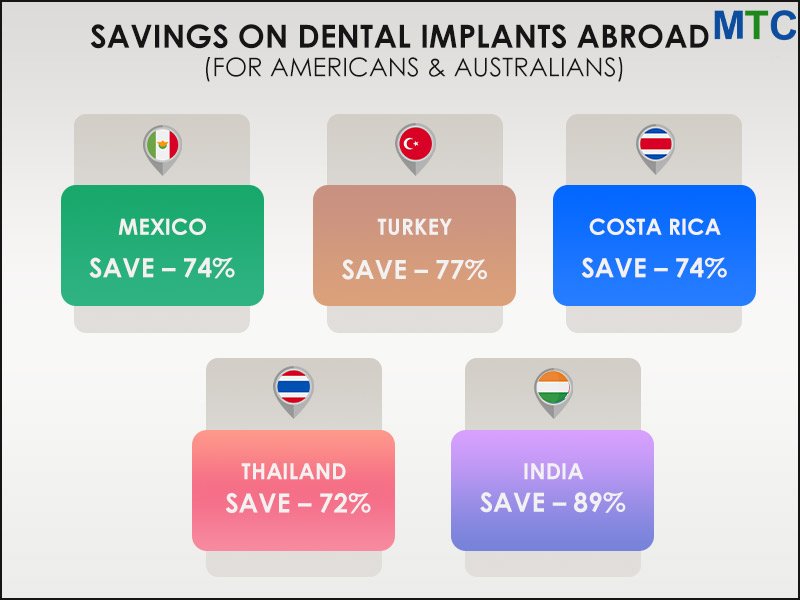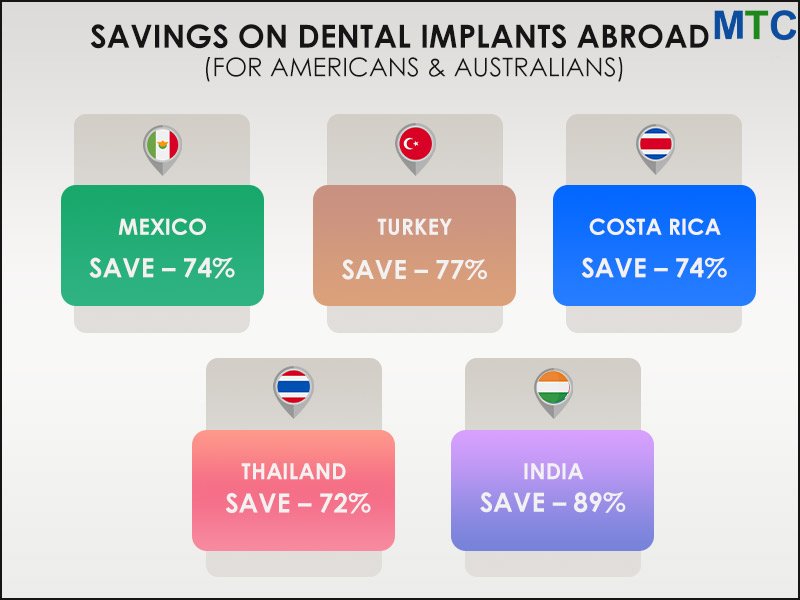Did you know that you can save money on dental treatments by considering dental tourism? The concept of dental tourism is increasing in popularity as it offers considerable cost savings compared to local treatments. By traveling to another country for dental care, you can take advantage of lower treatment costs and still receive high-quality care.
When comparing dental tourism to local treatments, it’s important to consider factors such as the cost of the procedure, the expertise and qualifications of the dentists, as well as the overall experience. Many countries that offer dental tourism have well-established dental clinics that cater specifically to international patients. These clinics often have state-of-the-art facilities and highly skilled dentists who are experienced in treating patients from around the world. So, if you’re looking to save money without compromising on the quality of your dental care, dental tourism might be a great option for you.
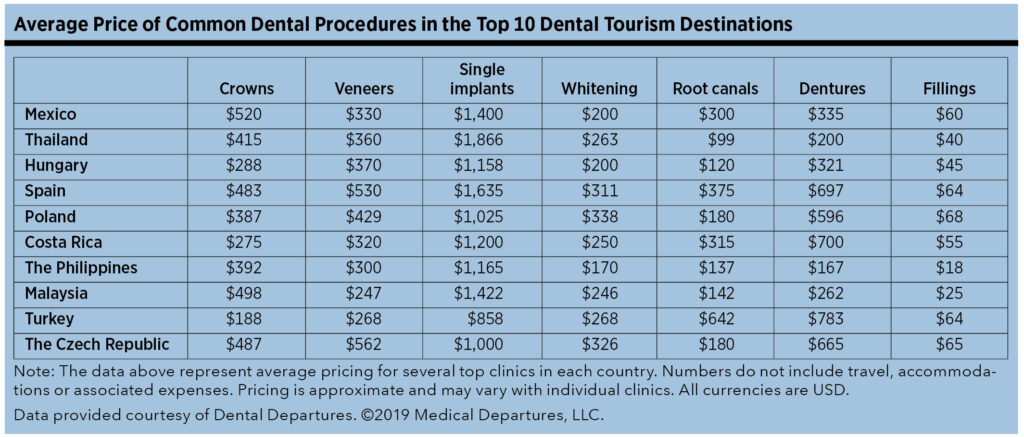
Table of Contents
ToggleOverview
What is dental tourism?
Dental tourism refers to the practice of traveling to another country to receive dental treatment, often at a significantly lower cost compared to your home country. This growing trend has become popular among individuals seeking affordable dental care without compromising on quality.
What are local treatments?
On the other hand, local treatments refer to receiving dental care in your own country, where you have easy access to dentists and dental clinics. The cost of local treatments may vary depending on factors such as location and dental insurance coverage.
Factors to Consider
When deciding between dental tourism and local treatments, there are various factors to consider to make an informed choice. These factors include:
Cost
One of the primary factors that attract many individuals to dental tourism is the potential for cost savings. Dental treatments in some countries can cost a fraction of the price compared to those in high-cost regions such as the United States or Western Europe. However, it’s important to consider all the associated expenses such as travel, accommodation, and post-treatment care, to accurately compare the overall cost of dental tourism with local treatments.
Quality of treatment
While cost is a significant consideration, it is equally important to prioritize the quality of dental treatment. Before choosing a dental tourism destination, thoroughly research the reputation and accreditation of the dental clinics and professionals in that country. Look for certifications, patient reviews, and success rates to ensure you receive excellent care.
Language barrier
Another factor to consider is the potential language barrier when seeking dental treatment abroad. Communication is vital for effective dental care, and if you’re not fluent in the local language, it may be challenging to convey your concerns or fully understand the diagnosis and treatment. However, many popular dental tourism destinations have English-speaking dental professionals, which may help alleviate this concern.
Accessibility
Accessibility is a crucial factor, particularly for individuals who require ongoing and regular dental treatments. Consider the distance, travel time, and cost to reach your dental tourism destination compared to local dental clinics. If you are considering dental tourism, ensure that you can easily access the desired destination and plan your travel accordingly.
Travel and accommodation expenses
In addition to dental treatment costs, dental tourism requires considering travel and accommodation expenses. These expenses can vary depending on the location, duration of stay, and personal preferences. Be sure to factor in the overall cost of travel and accommodation while comparing the benefits of dental tourism with local treatments.
Dental Tourism
Advantages
Dental tourism offers several advantages, making it an attractive option for many individuals seeking dental care. These advantages include:
Significantly lower costs
One of the major advantages of dental tourism is the potential for significant cost savings. By traveling to a country where dental treatments are more affordable, you can receive the necessary dental care at a fraction of the cost compared to your home country. This allows individuals to access treatments they may not have been able to afford otherwise.
Access to high-quality treatments
Contrary to common misconceptions, dental tourism does not necessarily mean compromising on the quality of treatment. Many dental tourism destinations offer world-class dental facilities with highly skilled dental professionals who have undergone rigorous training. With proper research and careful selection of clinics, you can receive top-notch dental treatments at a fraction of the cost.
Opportunity for a vacation
Combining dental treatments with a vacation is a unique advantage of dental tourism. Many dental tourism destinations are located in popular tourist destinations, offering the chance to explore a new country and culture while receiving dental care. This added benefit can make the overall experience more enjoyable and memorable.
Various treatment options
Dental tourism provides access to a wide range of treatment options that may not be available or affordable locally. From cosmetic dentistry to complex dental surgeries, dental tourism destinations often offer a comprehensive range of specialized treatments. This allows individuals to choose the most suitable and cost-effective treatment options for their specific dental needs.
Disadvantages of Dental Tourism
While dental tourism offers numerous advantages, there are also some potential disadvantages to consider:
Language barrier and communication difficulties
Communicating your concerns and understanding the diagnosis and treatment plan may be challenging if you are not fluent in the local language. This language barrier could hinder effective communication between you and the dental professionals, potentially leading to misunderstandings or unsatisfactory outcomes.
Travel and accommodation expenses
Although dental treatments may be significantly cheaper in certain countries, the overall cost of dental tourism can increase due to travel and accommodation expenses. Depending on the distance and duration of stay, these additional costs must be considered when evaluating the cost-effectiveness of dental tourism compared to local treatments.
Limited post-treatment support
After receiving dental treatment abroad, it might be challenging to receive prompt post-treatment care or follow-up appointments. This limited post-treatment support can be a significant drawback, especially if complications or adjustments are required.
Potential complications and risks
As with any medical or dental procedure, there are potential risks and complications involved. When receiving treatment abroad, it may be difficult to address these risks if they arise after returning to your home country. It is essential to carefully consider the potential risks and have contingency plans in place.
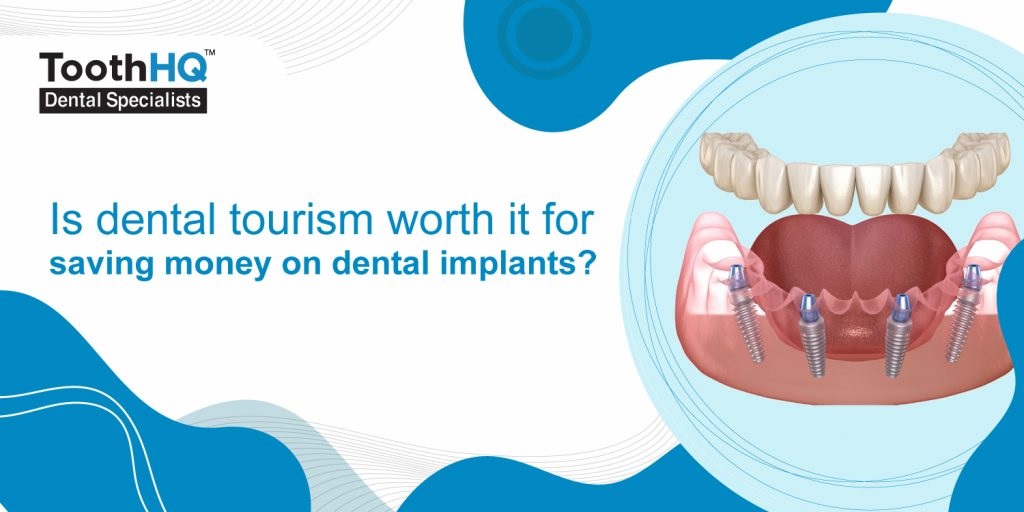
Local Treatments
Advantages
Local treatments offer several advantages for individuals seeking dental care within their own country:
Convenience and accessibility
Local treatments provide the convenience of accessing dental care without the need for extensive travel. You can easily reach dental clinics within your city or region, making it easier to schedule appointments and receive ongoing care as needed.
Ease of communication
One of the significant advantages of local treatments is the ability to communicate fluently with dental professionals. There are no language barriers, ensuring effective communication regarding your concerns, symptoms, and treatment options. This facilitates a comfortable and personalized dental experience.
Familiarity with local practices and regulations
By opting for local treatments, you can benefit from the familiarity of dental practices and regulations in your own country. You may have a better understanding of the local dental standards, licensing requirements, and legal recourse if any issues arise during your treatment.
Local post-treatment support
Choosing local treatments allows you to easily access post-treatment care and follow-up appointments. If any adjustments, complications, or concerns arise after your dental procedure, you can conveniently consult with the same dental professional who treated you, ensuring continuity of care.
Disadvantages of Local Treatments
While local treatments have their advantages, there are also several disadvantages to consider:
Higher costs
One of the primary disadvantages of local treatments is the potentially higher costs compared to dental tourism. The cost of dental care can vary significantly depending on your location and the level of dental insurance coverage available. If affordability is a concern, local treatments may not always be the most cost-effective option.
Limited treatment options
Depending on your location, the availability of specialized dental treatments may be limited. In some cases, you may need to travel to a different city or region within your own country to access specific dental procedures. This limited treatment option can make it more challenging to receive specialized or advanced dental care within your local area.
Quality of treatment may vary
While local treatments often offer high-quality dental care, there can be variations in the quality of treatment from one dental clinic to another. It is essential to research and choose reputable dental clinics with experienced professionals to ensure the best possible outcomes.
Lack of vacation opportunity
Unlike dental tourism, local treatments do not provide an opportunity for a vacation or exploring a new destination. If you are seeking a dental experience combined with a vacation, local treatments may not fulfill this desire.
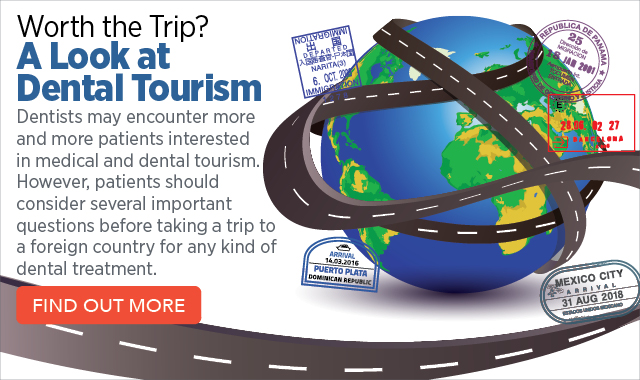
Cost Comparison
Cost savings of dental tourism
One of the most significant advantages of dental tourism is the potential for cost savings compared to local treatments. Depending on the destination and the specific treatment needed, dental tourism can offer cost savings ranging from 30% to 70%. These savings can make dental treatments more affordable and accessible, particularly for individuals without comprehensive dental insurance coverage.
Factors that affect costs in local treatments
The costs of local treatments can vary depending on various factors such as the location, the complexity of the treatment, and the dental professional’s experience. Additionally, dental insurance coverage, if available, can significantly impact the out-of-pocket expenses for local treatments. It is crucial to consider these factors when evaluating the cost-effectiveness of local treatments.
Conclusion
When choosing between dental tourism and local treatments, it is essential to consider various factors. Dental tourism offers advantages such as lower costs, access to high-quality treatments, the opportunity for a vacation, and a broad range of treatment options. However, it also has disadvantages such as potential language barriers, travel and accommodation expenses, limited post-treatment support, and potential complications. On the other hand, local treatments provide convenience, ease of communication, familiarity with local practices, and local post-treatment support. However, they may come with higher costs, limited treatment options, variations in the quality of treatment, and the lack of a vacation opportunity. Ultimately, the choice between dental tourism and local treatments depends on individual preferences, dental needs, and financial considerations. By carefully considering these factors, you can make an informed decision and choose the most suitable option for your dental care.
